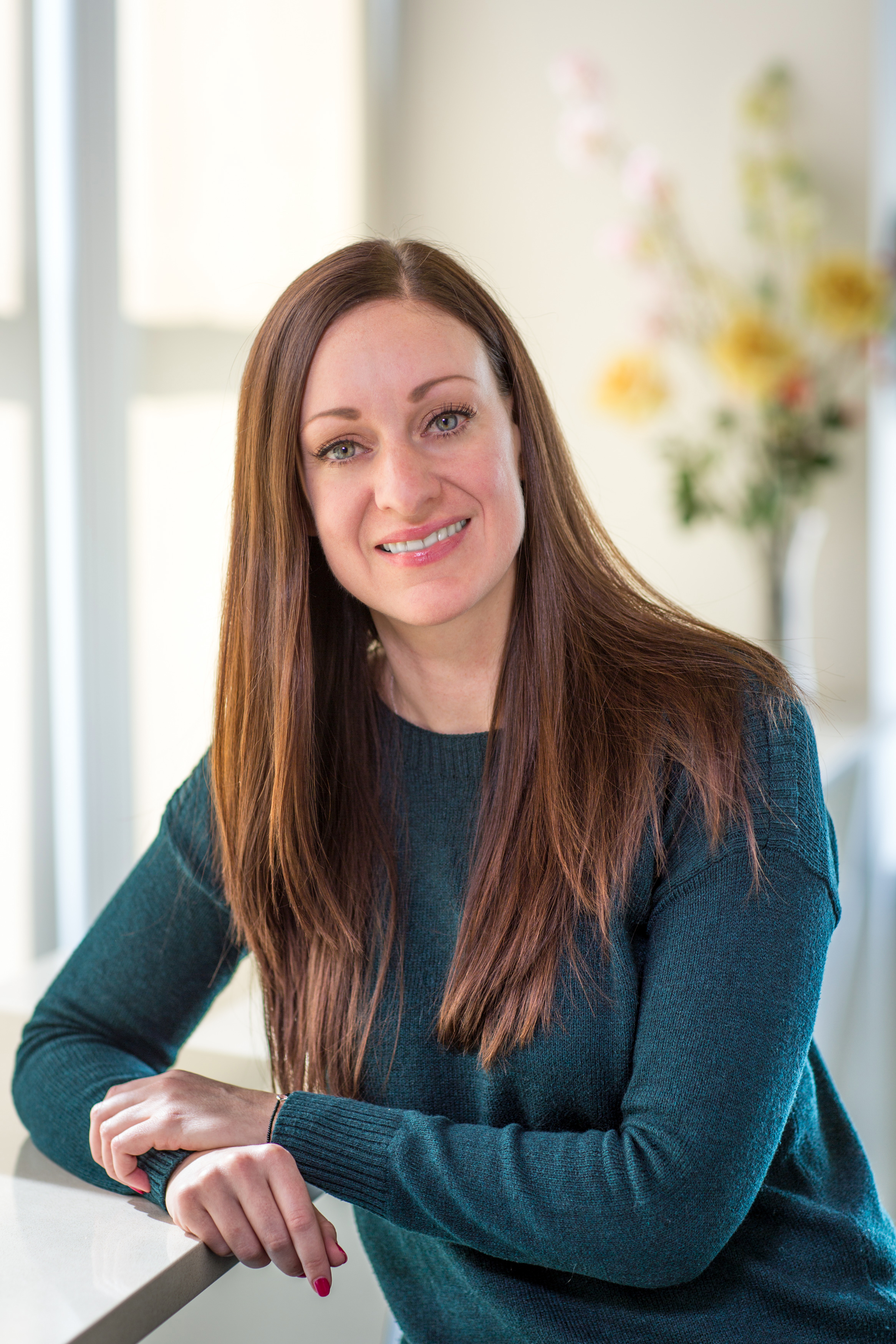CancerCare Social Workers Discuss Their Work with Children and Teens
 Victoria Puzo, LCSW, Online Support Group Coordinator
Victoria Puzo, LCSW, Online Support Group CoordinatorWhat inspired you to become an oncology social worker? How has your role evolved since joining CancerCare?
Marlee: Cancer is something that has significantly impacted my family, causing me to understand firsthand how a diagnosis can affect not only the patient, but their family members as well. Therefore, I was extremely excited to intern and later on be hired by CancerCare and hopefully make a positive difference for those going through something similar. I have taken on several roles since joining CancerCare. I started in 2016 as a social work intern and now I am a licensed oncology social worker. I am member of the Children’s Program, the Triple Negative Breast Cancer Program, the Online Support Group Program, I facilitate the Caregiver Telephone Support Group and I manage the Oppenheimer Grant, which is a grant specifically for Jewish children that have been diagnosed with cancer. I hope to continue to expand my role as time goes on!
Victoria: My role here has changed quite a bit over the past 4 years. While I still provide individual and group counseling here in our New York office, I’ve also gotten more involved in coordinating our online support group program. It’s a very robust program here that reaches thousands of people. It’s nice getting involved in different programs and projects to keep things interesting.
Were you initially interested in oncology social work, or was that something that came later?
Marlee: I always knew I wanted to work in oncology; it was just the matter of what part of the field. Once I was placed at CancerCare for my second year social work internship it all fell into place!
Victoria: I always knew I wanted to be involved in support services or the mental health field. I never had a specific interest in oncology social work until I came to CancerCare as a social work intern. It felt like I was really making a difference in a profound way.
 Marlee Kiel, LMSW, Oncology Social Worker
Marlee Kiel, LMSW, Oncology Social WorkerVictoria: Most of the children and teens we work with at CancerCare have a family member who is diagnosed with cancer or have lost a parent to cancer. Our role is to provide a safe space for them talk about their feelings, to help them understand their feelings and to teach them coping strategies that might help them during this difficult time. Sometimes we sit and talk with them, other times we color or play with toys. The most important thing is for them to know that they have someone to talk to when they are struggling.
Why is it important to offer supportive services to children and teens coping with cancer?
Marlee: Children can often be overlooked when a parent or loved one is diagnosed with cancer. They can usually detect when something is wrong and will most likely be impacted in some way. Children and teens, just like adults, can experience a wide range of emotions. It is important to ensure that they have a safe and private place to process and express any feelings that might be present as they encounter the changes that come with a cancer diagnosis.
What should parents know about oncology social workers and their role in cancer care?
Marlee: Parents should know that oncology social workers are there to make this experience easier for them and their children in any way they can. Oncology social workers can guide them in age-appropriate ways to communicate with their children about cancer; we can provide them with resources and be the outlet they need during this difficult time.
What are some of the most rewarding aspects of your job?
Victoria: Being able to help make people’s lives just a tiny bit better, even if it’s just giving them a space to vent and cry, that’s why we do what we do. We’re not always able to fix everything, but we walk beside people and support them when they need it most.
Marlee: One of the most rewarding aspects for me is knowing that for the half hour or 45 minutes that we have together, the patient or family member has the opportunity to express themselves in whatever way feels right for them. It is too often that a cancer diagnosis can take away the individual’s voice or sense of control. It feels great giving it back to them, even if it’s for a brief period of time.
What is one goal you have for 2018?
Marlee: A professional goal of mine is to facilitate an in-person support group. I believe facilitating the telephone caregiver support group is a great stepping stone to achieve this goal.
Victoria: I’d like to get into meditation and learn about how it can help my clients. I’ve dabbled in it over the past year but I’d like to make it a habit of mine. Self-care is so important!
Learn more about CancerCare for Kids.
« Read Part III of our "Celebrating Social Workers" Blog Series.
